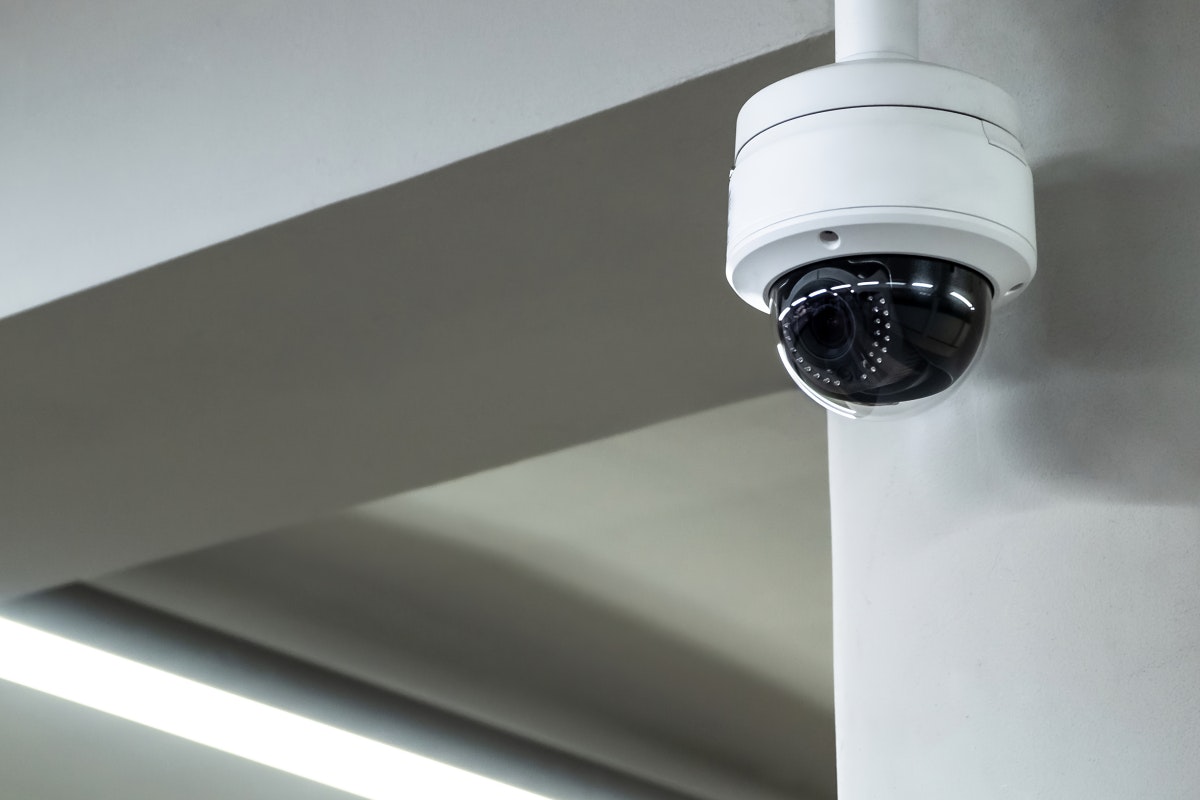What is allowed and what is forbidden
No time right now?
Employers are allowed to monitor employees in their work environment in the company. In doing so, they have to be absolutely transparent. When can employees defend themselves?
Mutual trust, respectful interaction – that’s what makes a good working atmosphere. However, things are not always harmonious in companies. Sometimes employers even consider monitoring one or the other employee in their work environment or perhaps even all employees at their workplaces. But are employers even allowed to do that?
“There has to be a valid reason for employee monitoring,” explains Nathalie Oberthür, specialist lawyer for labor law in Cologne. This can be the case if there is a specific suspicion of a serious breach of duty or a criminal offense.
Contents
Video surveillance without cause is taboo
What is not allowed: “Monitor an employee by video camera for no reason,” explains Daniel Stach, trade union secretary in the field of law and legal policy at the Verdi union. It is also not permitted for employers to use an appropriate software program to check whether employees do not use their PC privately during working hours.
If employers are entitled to record employee data in cases such as a breach of duty or a criminal offense, they must comply with mandatory deletion obligations. “It is generally prohibited to record employee data in break rooms or in changing areas,” says Stach.
“The monitoring of an employee must be necessary and proportionate in any case,” emphasizes Oberthür, who chairs the labor law committee in the German Lawyers’ Association. If employers choose to do so, they should make the monitoring as transparent as possible.
Employees are allowed to ask
However, such openness is not always the case. Employees who want to find out whether they are being monitored in their work environment can speak to their employer directly. “The employee has the right to request confirmation from his company as to whether and which personal data is collected from him,” explains Stach.
In principle, employees have a choice: They can be satisfied with the information provided by the employer and trust that it is correct. However, you can also request a copy of your personal data.
If the employer refuses to immediately and completely disclose the requested information, employees do not have to accept this. “You can complain to the works council or the competent supervisory authority for data protection,” says Oberthür. If the going gets tough, employees have the option of going to court. “The court can order the employer to provide the information requested,” said Stach.
If in doubt, consult the works council
Suppose an employee found out that they were being monitored improperly at their workplace – what now? Employers must always correct incorrect information. Personal data obtained in violation of data protection law must be deleted. This also applies to data that exceeds the permitted storage period. “Those affected also have a legally enforceable right to object to the processing of data concerning them,” says Stach.
He advises first discussing the situation with the staff or works council. If there is no solution to the problem, those affected can contact the trade union responsible for them or the data protection authority.
Compensation for data protection violations
In the case of proven violations of data protection, the employer is liable for damages. If employees want to claim damages, they should seek legal advice. “If the employee wants to quit because of the employer’s violations, he may be able to negotiate a higher severance payment,” explains Oberthür. However: “The employer is not liable for damages if he can prove that he acted neither willfully nor negligently,” says Stach.
A topic of discussion in many companies is the extent to which employees are allowed to use their work PC privately, for example for surfing the Internet. “In principle, that’s forbidden,” explains Oberthür. Anyone who uses the Internet privately for a considerable amount of time during working hours cannot trust that the employer will tolerate this.
If there is no explicit permission or tolerance from the employer, excessive private use can have consequences under labor law. “Conversely, employers usually have to accept short-term private use of the Internet even during working hours,” says Stach.
Keyword consequences under labor law: If there is no company regulation on the private use of the Internet, behavior-related dismissal is not easily possible. “Unauthorized use of the Internet for a few minutes does not in itself constitute a reason for termination,” says Stach.
According to the Verdi legal expert, even excessive private use of the Internet justifies “at most a warning, but not yet a termination of the employment relationship” without any additional circumstances. The following applies: The burden of presentation and proof for the duration of private use always lies with the employer. dpa



